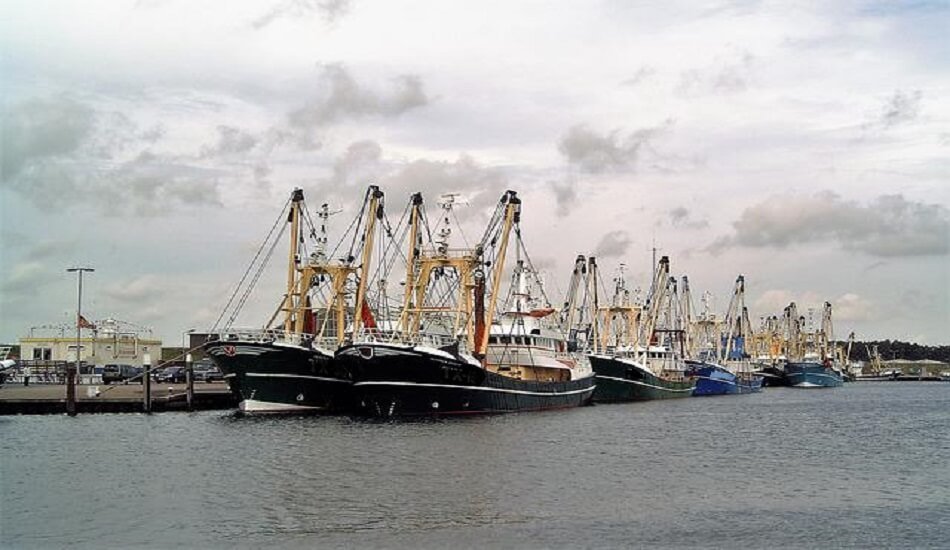Rising fuel prices made difficult Kerala’s traditional, mechanised fisheries industries.
Rising fuel prices, particularly for diesel and kerosene, have made it difficult for Kerala’s traditional and mechanised fisheries industries to carry out their daily operations.
According to Joseph Xavier Kalapurackal, general secretary of the All Kerala Fishing Boat Owners Association, many boat owners in Cochin Harbour have been forced to curtail their operations as a result of the rising cost of fuel. Approximately ten cents per litre has been added to the price of diesel in the last one and a half months. It is only making things worse because the catch is diminishing as a result of global warming.
Also Read | Matsyafed to expand its online fish shop venture across Kerala.
Based on an assumption of 1,500 litres per day, the cost of fuel for a three-day fishing expedition totals Rs. 1.5 lakh. It is estimated that the boat operator will have to spend an additional ₹ 2 lakh on ice for storage, wages, and other related costs. In order to make up for the reduced catch in territorial waters, operators are being forced to venture deeper into the sea, which results in an additional 3,000 litres of fuel being required.
Because of the slowdown in business and the mounting debt, the operations are having difficulty raising additional funds. It is reported that the government of Tamil Nadu, which borders Kerala and has extended subsidies on fuel to fishing boats, but that the Kerala government has not done so at this time.
He questioned why fishing boats, which are solely reliant on water for their livelihood, were subjected to a road cess, to begin with.
It is being proposed to reduce subventions
Following the frequent increases in kerosene prices, as well as the reduction in the supply of subsidised kerosene to 26,000 kilolitres for three months from 28,000 kilolitres, according to Charles George, president of Kerala Matsya Thozhilali Aikya Vedi, the traditional fishing industry has been hit particularly hard. While the open market price of gasoline is 125 cents per litre, the subsidised rate of 80 cents per litre is the norm in the country.
He contrasted this with the unrestricted supply of subsidised kerosene to the traditional fishing sector in Tamil Nadu, which he claimed was a violation of international law and a violation of the Constitution. Since there has been a decrease in the catch in coastal waters during the period January to May, traditional fishing communities have been forced to venture further out into the ocean, increasing their reliance on petroleum.
In order to restore an uninterrupted supply of kerosene at reduced rates to Kerala’s traditional fishing sector, the association has urged the state government to approach India’s central government.
Also Read | ICAR-CIFT & ICICI Foundation team up for rural fishery, and livelihood security.
According to Alex K Ninan, president of the Seafood Exporters Association of India-Kerala Region, in addition to a number of other factors, the seafood industry is already experiencing a raw material shortage, and the current action by boat owners will further reduce the availability of wild-caught varieties from the west coast. His statement went on to say that the development comes as the demand for marine products in several international destinations is surging as a result of the Covid disaster, which he described as ‘unprecedented.’
It has also had a negative impact on shipping schedules, and it has exacerbated the country’s container shortage as a result of the closure of several Chinese ports. In addition to high freight costs and congestion at Colombo Port, he claims that the plight of seafood exporters has been exacerbated as a result.


















Add Comment